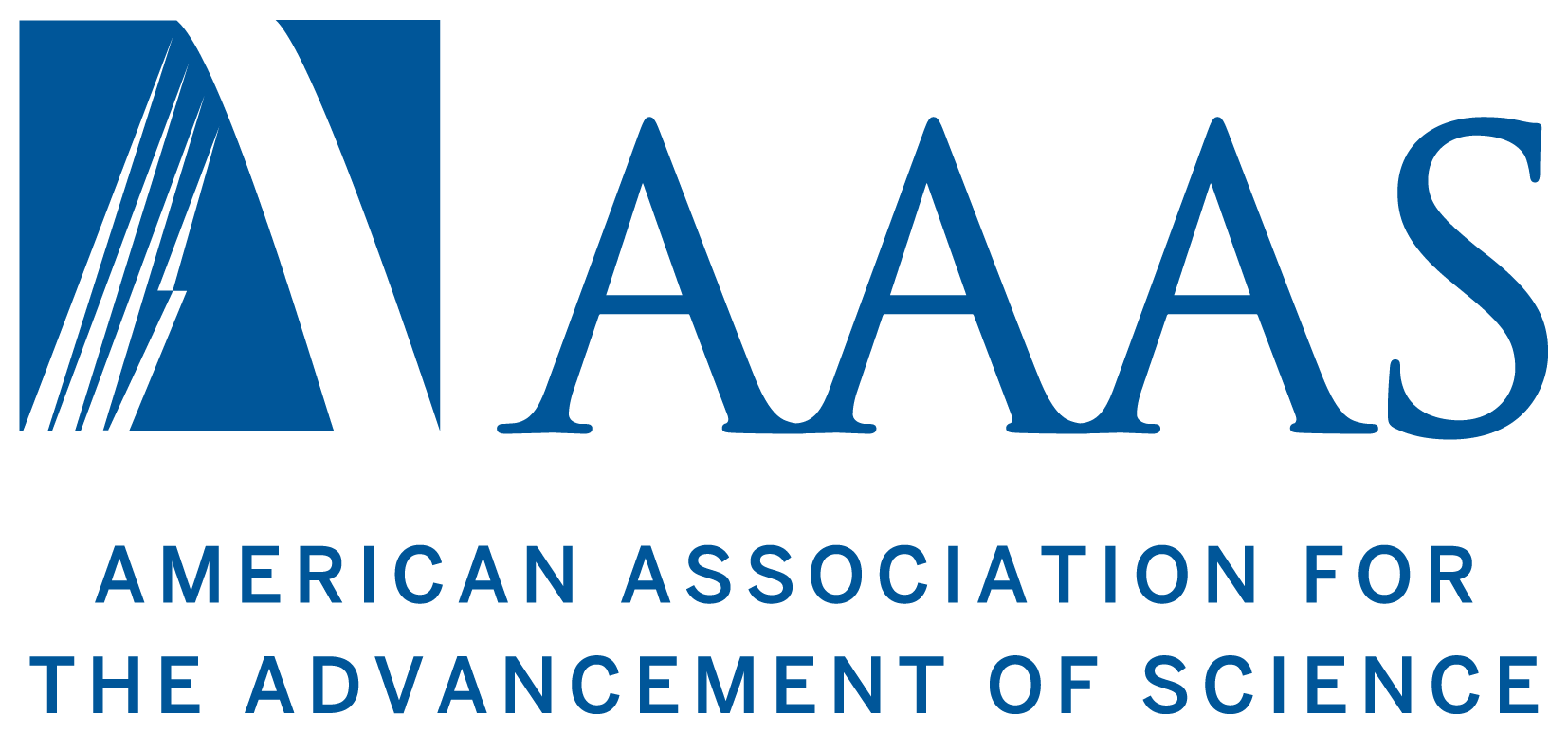The AAAS Center for Science Diplomacy and Diplo are co-organising the session ‘Embedding science and technology in international relations education and diplomatic training’ on Saturday February in Washington DC.
With the insights, practice, and products of science and technology becoming increasingly important to and in international relations and diplomacy, greater capacity to understand science diplomacy is necessary for both the scientific and the international relations communities.
The overall goal of the roundtable is to share and discuss different approaches and models to incorporate science in diplomatic training at all levels, from undergraduate to professional development and executive education. After hearing initial perspectives from representatives from academia, foreign and science ministries, international organisations and scientific societies, we will go around the table for everyone to react and share their own experiences from their countries, organisations, and sectors.
In 2017, the AAAS Center for Science Diplomacy launched the Science Diplomacy Education Network (SciDipEd), a platform to bring together educators and students in the U.S. and across the world interested in formal and informal science diplomacy education and training. The Center launched the first ever online course dedicated to science diplomacy in 2017, now incorporated into the syllabus of several science diplomacy courses worldwide.
This session at the 2019 AAAS Annual Meeting, in partnership with Diplo, will bring together ministries of foreign affairs, diplomatic academies, schools of international relations and multilateral organisations to discuss approaches to incorporating science in diplomatic training. The objectives of the session are:
- To highlight model approaches for science diplomacy education at undergraduate, graduate, and professional levels.
- To share experiences and best practices and promote exchange and networking between key stakeholders and communities of research and training.
- To introduce curricula, resources, case studies and other materials and present upcoming education and training opportunities in science diplomacy.
For more information, contact Ms Pavlina Ittelson.




![[WebDebate] Arctic diplomacy: Approaches and lessons 1 Nature, Night, Outdoors, Sky, Aurora, Animal, Fish, Sea Life, Shark](https://diplo-media.s3.eu-central-1.amazonaws.com/2019/02/arctic-diplomacy.jpg)